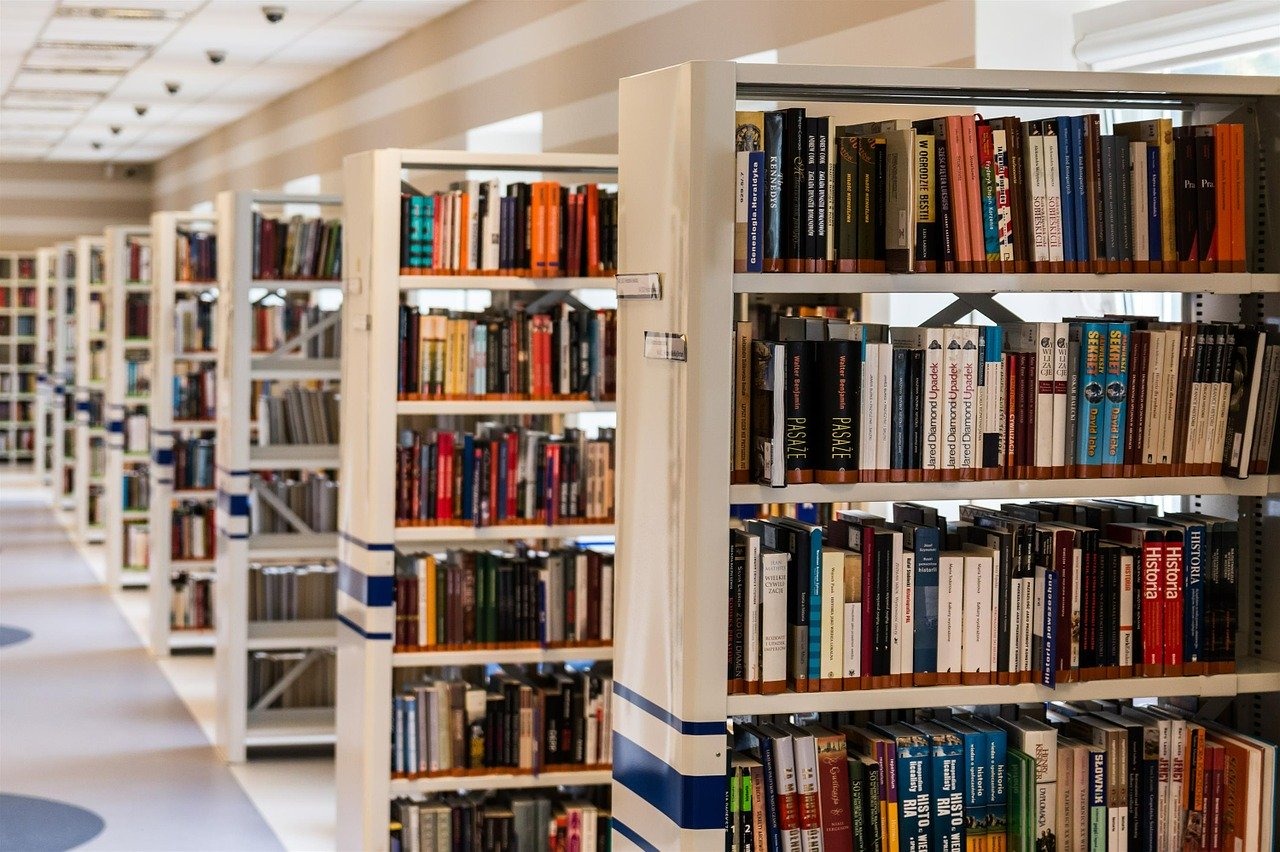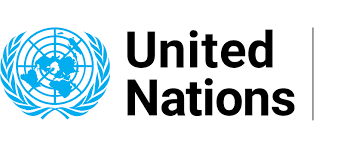International Literacy Day 2020 focuses on “Literacy teaching and learning in the COVID-19 crisis and beyond,” especially on the role of educators and changing pedagogies. The theme highlights literacy learning in a lifelong learning perspective, and therefore, mainly focuses on youth and adults. The recent Covid-19 crisis has been a stark reminder of the existing gap between policy discourse and reality: a gap that already existed in the pre-COVID-19 era and negatively affects the learning of youth and adults, who have no or low literacy skills, and therefore, tend to face multiple disadvantages. During COVID-19, in many countries, adult literacy programmes were absent in the initial education response plans, so most adult literacy programmes that did exist were suspended, with just a few courses continuing virtually, through TV and radio, or in open air spaces. What is the impact of the COVID-19 crisis on youth and adult literacy educators and teaching and learning? What are the lessons learnt? How can we effectively position youth and adult literacy learning in global and national responses and in strategies for the recovery and resilience-building phase?

By exploring these questions, International Literacy Day 2020 provides an opportunity to reflect on and discuss how innovative and effective pedagogies and teaching methodologies can be used in youth and adult literacy programmes to face the pandemic and beyond. The Day will also give an opportunity to analyse the role of educators, as well as formulate effective policies, systems, governance and measures that can support educators and learning.
The article's full-text is available here.

 Author:
Author:









